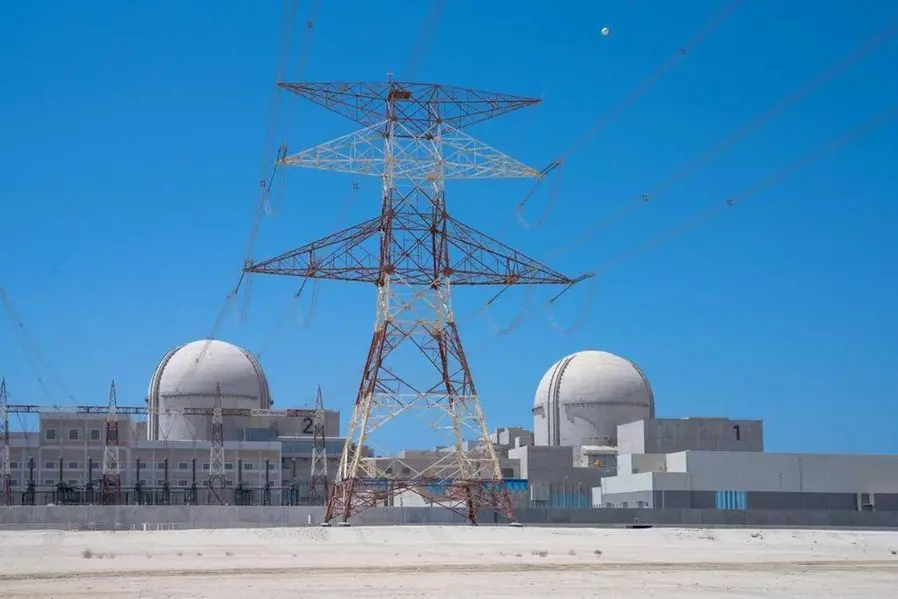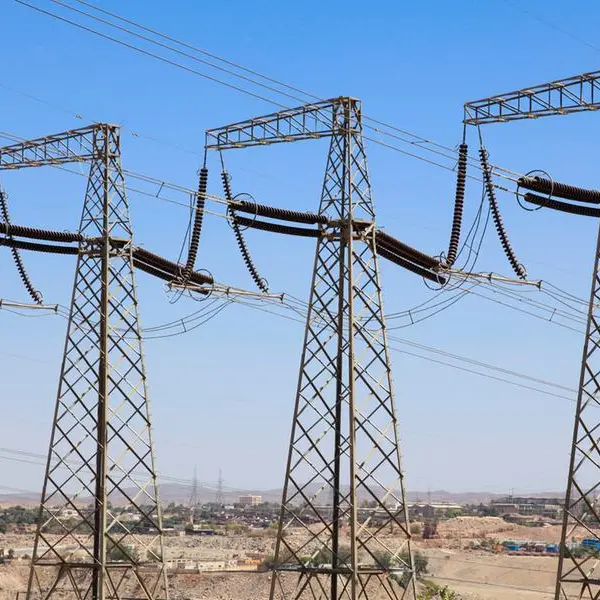PHOTO
ABU DHABI - The Federal Authority for Nuclear Regulation (FANR) has issued nine licences for the Barakah Nuclear Power Plant over the course of 13 years, with the first issued in March 2010, according to a FANR report released today, with the issuance of the Operating License for Unit 3 of the plant.
The report cited the licences issued, which include the 'License for the Preparation of the Construction of a Nuclear Facility' (July 2010); the 'License for the construction of unit one and two of Barakah nuclear facility' (July 2012); the 'License for the construction of unit three and four of Barakah nuclear facility and related regulated activity' (July 2014); the 'Handling and Storage of Nuclear Fuel' (January 2017); the 'License for the Operation of Unit One of the Barakah Nuclear Power Plant for 60 years (February 2020); License for the Operation of Unit Two of the Barakah Nuclear Power Plant for 60 years (March 2021); in addition to the licence issued today and a decommissioning license to dismantle the Nuclear Facility to be enacted in 2080.
The FANR report highlighted details about the Operating License Application (OLA) of Unit 3 of the Barakah Nuclear Power Plant, which began with Nawah's submission of the application for Barakah Units 3 & 4, to FANR in 2017, after which FANR conducted the assessment of the application for Unit 3, following the issuance of the licenses for the previous two units.
The report also revealed that FANR conducted 120 inspections, requested additional information for Unit 3, reviewed 14,000-page application (covering Units 3 and 4). The review of the operating license application for the Unit 3 was conducted by a team comprising 70 percent of Emirati nuclear experts. FANR's review included the plant’s layout design; the site location (geography and demography); the Reactor Design (fuel, control and cooling systems); the safety systems; the radioactive waste management system; physical protection measures; nuclear non-proliferation aspects; the emergency preparedness and response system; as well as the organisational readiness and the plant's decommissioning plan.
According to the report, FANR received 11 international review missions led by the International Atomic Energy Agency (IAEA). These covered nuclear infrastructure, the legal and regulatory system, nuclear safety, nuclear security, nuclear non-proliferation, and emergency preparedness.
The report added that the UAE is party to over 13 international conventions, including 'The Comprehensive Safeguards Agreement'; 'The Additional Protocol to the Safeguards Agreement'; 'The Convention on Nuclear Safety'; 'The Treaty on Non-Proliferation of Nuclear Weapons'; 'The UN Comprehensive Test Ban Treaty' and the '123 Agreement on Peaceful Nuclear Cooperation'.
In an overview about the UAE Nuclear Energy Programme, the report noted that the UAE issued its "Nuclear Policy" in 2008, which identified six key principles: complete operational transparency, the highest standards of non-proliferation, the highest standards of safety and security, working directly with the IAEA and conforming to its standards, partnerships with responsible nations and appropriate experts, and long-term sustainability. As per released figures, the nuclear power plant will produce electricity to cover 25 percent of the UAE’s energy needs and prevent the release of 21 million tonnes of carbon emissions each year.
About FANR, the report highlighted that over 251 employees work at the Authority, of which over 72 percent are Emiratis and around 43 percent are women. It explained that FANR built a robust regulatory system based on international standards, including international best practices from the IAEA and other regulatory bodies from countries, such as the United States, Canada, South Korea.
Since its establishment, FANR issued over 23 regulations and 22 regulatory guides.





















